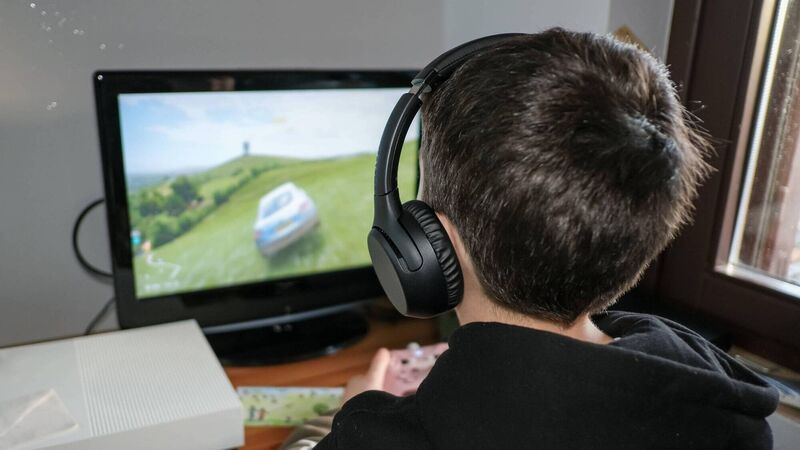Health experts highlight gambling's 'disturbing focus' on underage players in gaming

Gambling-like features within games are a main revenue for the gaming industry. File photo: Alamy/PA
The increasing use of gambling-like features in gaming risks fuelling financial harm, gambling addiction and even serious mental health issues, Irish health experts have warned.
They say there is a “pressing need” for gambling laws to be adapted to counter this trend, as the new Irish gambling authority focuses on traditional gambling.










